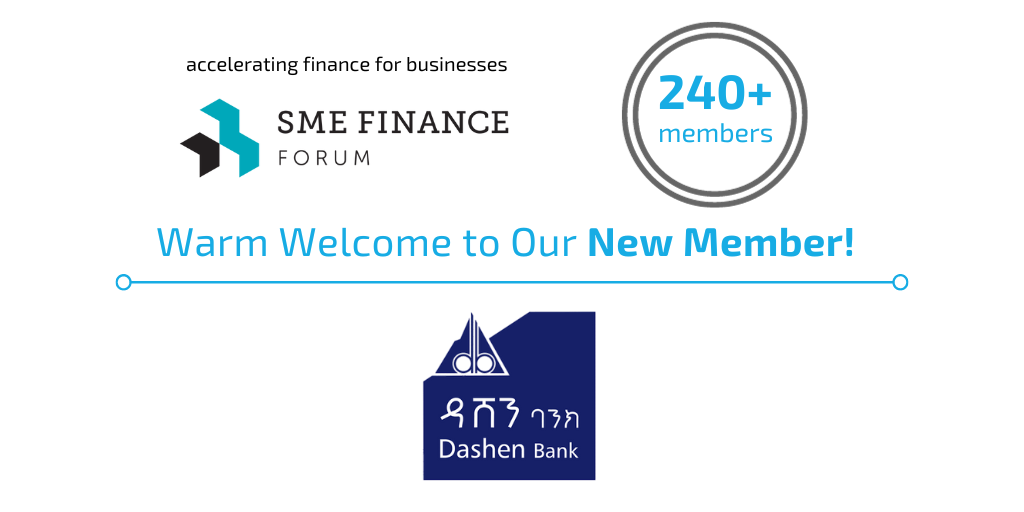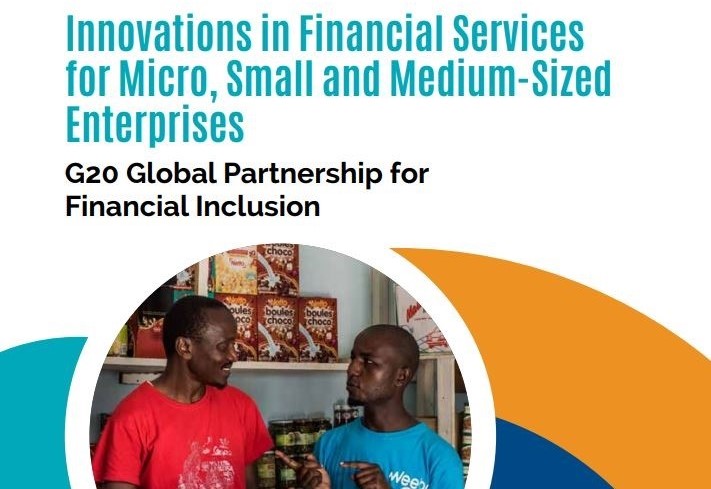Many banks around the world have been successful by focusing their services around micro, small and medium enterprise (MSME) banking. However, there is a tendency for such banks to focus on the higher end of the MSME market, avoiding the risks and administrative costs that come with serving smaller businesses. Şekerbank in Turkey is an interesting case because it has targeted the lower end of the spectrum in its MSME banking line of business. Şekerbank classifies such businesses as craftsmen and "micro" businesses — referring to a business size in between the craftsmen and small business. The bank has been successful in reaching these sectors by tailoring its policies and credit procedures to these markets, as well as by developing products that address the needs of these very small enterprises.
Şekerbank provides an exciting example of a full-service commercial bank that has chosen to specialize in serving smaller businesses in Turkey, specifically micro enterprises and craftsmen. These are collectively referred to as very small enterprises, or VSEs, in this publication. This case study is not an assessment of the full operations of Şekerbank. Rather, it is intended to identify the key choices that Şekerbank has made to serve these clients and keep the focus of the bank’s operations on them— instead of defaulting to the easier option of serving larger clients.










